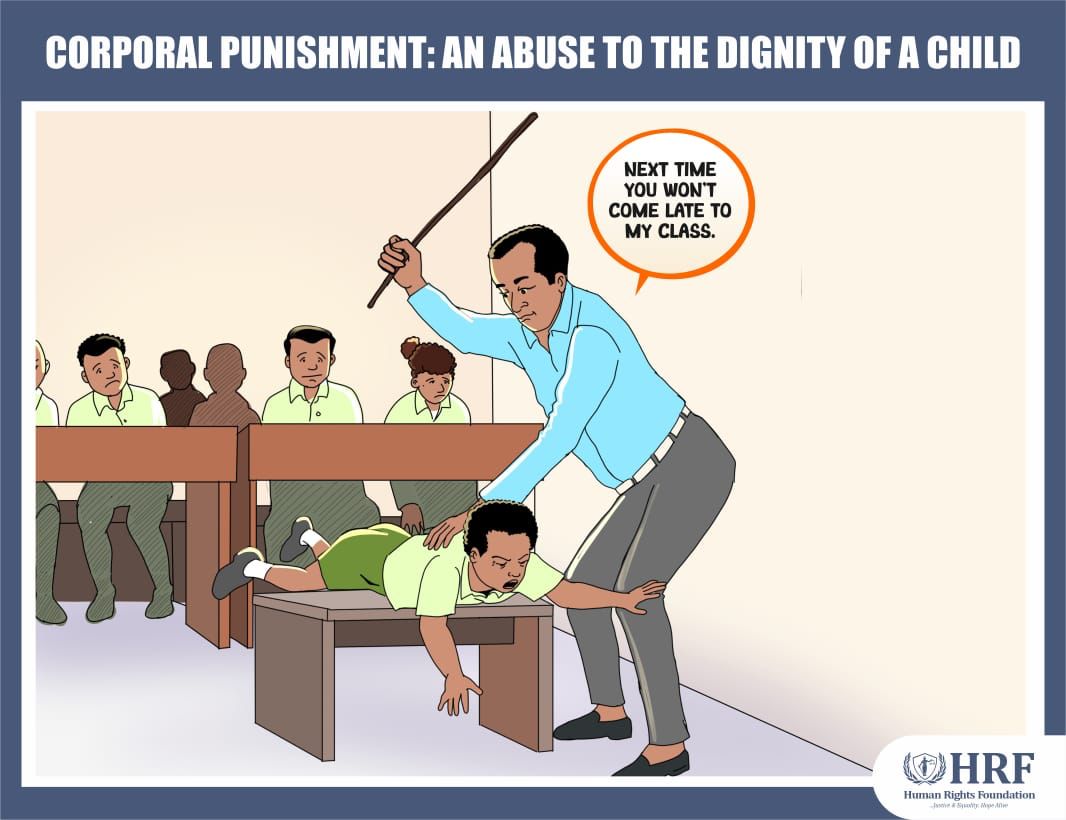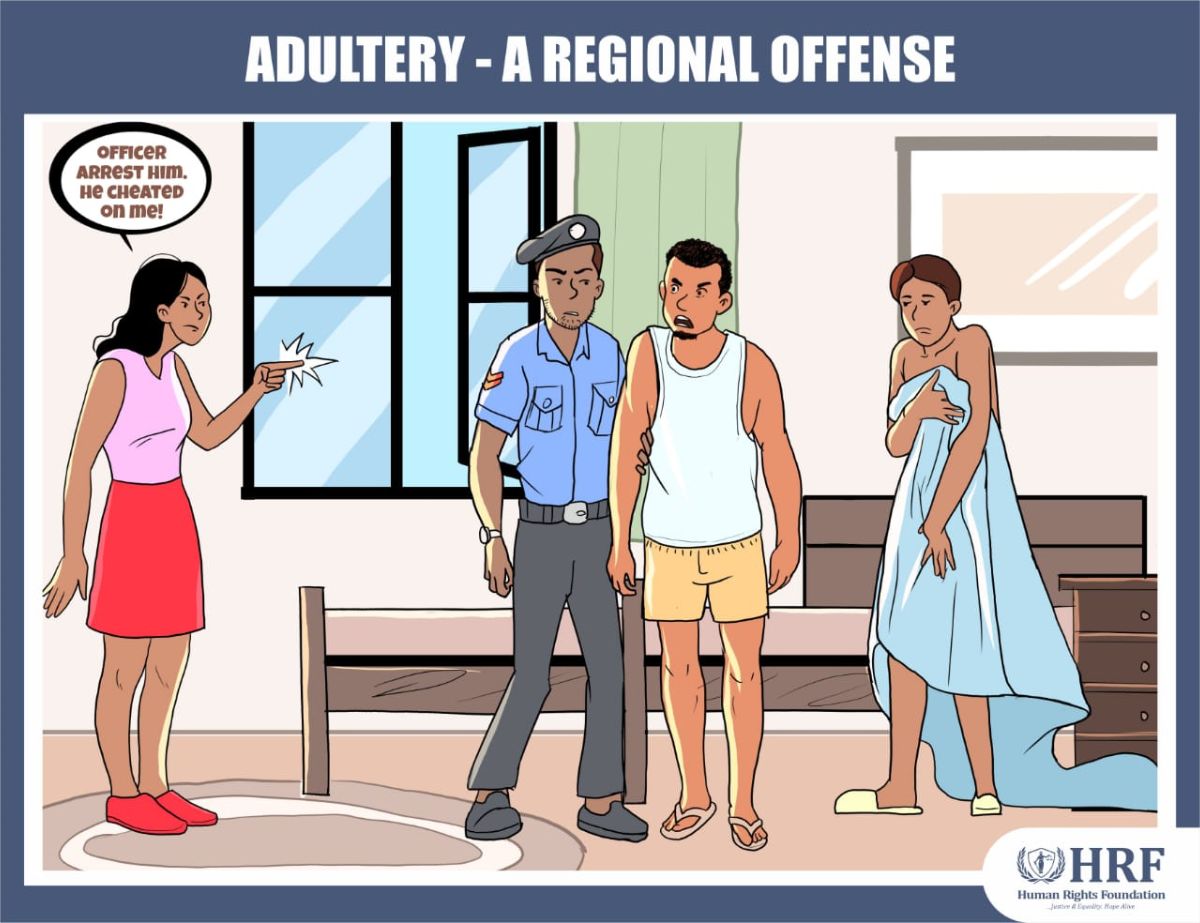
In the realm of legal jurisprudence, the general rule remains steadfast – ignorance of the law is not an excuse. However, there are instances where it may be considered a mitigating factor.
On April 5, the Nigerian courts convicted popular social media personality Bobrisky after he pleaded guilty to the charge of abusing the naira filed against him by the Economic and Financial Crimes Commission (EFCC), according to Premium Times. It was reported that despite his plea of ignorance of the law, Justice Abimbola Awogboro sentenced him to six months imprisonment without the option of a fine.
Bobrisky's case serves as a pertinent example of the principle that ignorance of the law is not an excuse. The decision underscored the importance of upholding the rule of law and ensuring that individuals are held accountable for their conduct, regardless of class, pedigree, and level of awareness of the law.
Ignorance of the law refers to a lack of knowledge or awareness of legal statutes, regulations, or prohibitions. In many legal systems, including Nigeria, the principle holds that individuals are presumed to know the law and are, therefore, responsible for complying with its requirements.
The rationale behind this principle is rooted in the need for a stable and orderly society where laws are uniformly applied and enforced. Allowing individuals to claim ignorance as a defense would undermine the integrity of the legal system and create loopholes for misconduct.
In the case of NKECHI & ANOR v. ANYALEWECHI, the Court took the position that: "...ignorance of the law as opposed to ignorance of the facts has never afforded anybody an excuse; for everybody is supposed to know the law;
While Bobrisky's conviction reaffirms that ignorance of the law is not an excuse, it also raises important questions about access to legal education and awareness. Many societies, including Nigeria, have significant legal literacy barriers, particularly among marginalized communities.
As such, there is a pressing need for efforts to improve access to legal education and information, empowering individuals to understand their rights and obligations under the law. This includes legal aid programs, community outreach efforts, and public awareness campaigns to demystify the law and promote legal literacy. Thereby promoting a more just and equitable society where all individuals are empowered to navigate the complexities of the law.



(1).jpg)
0 Comments